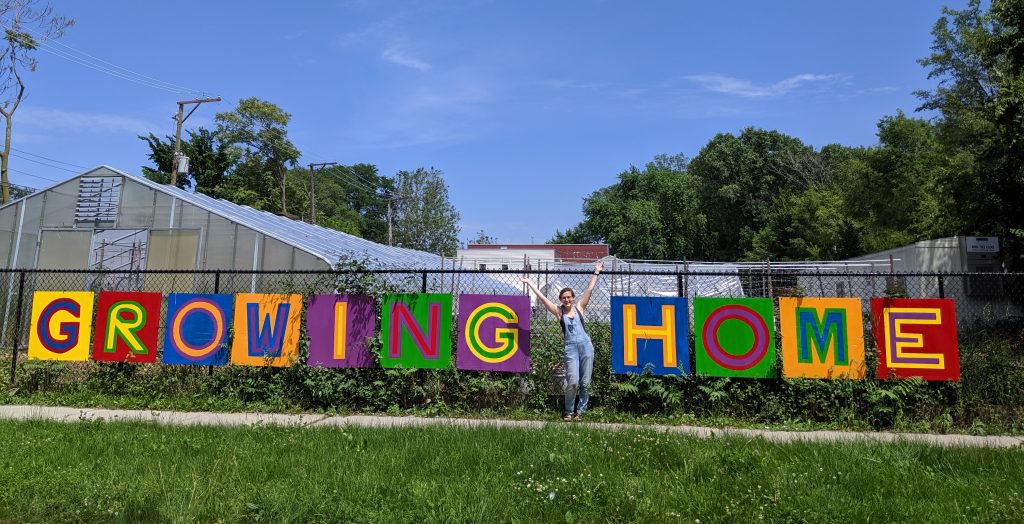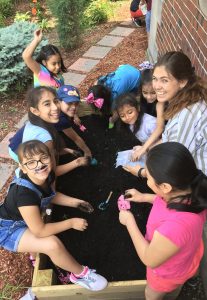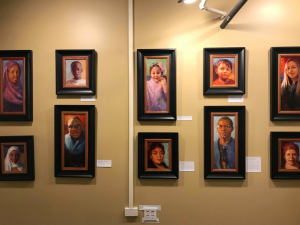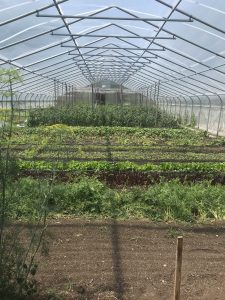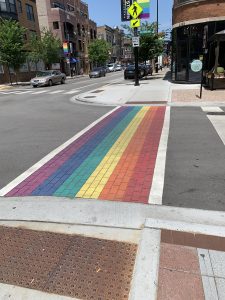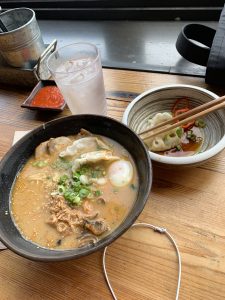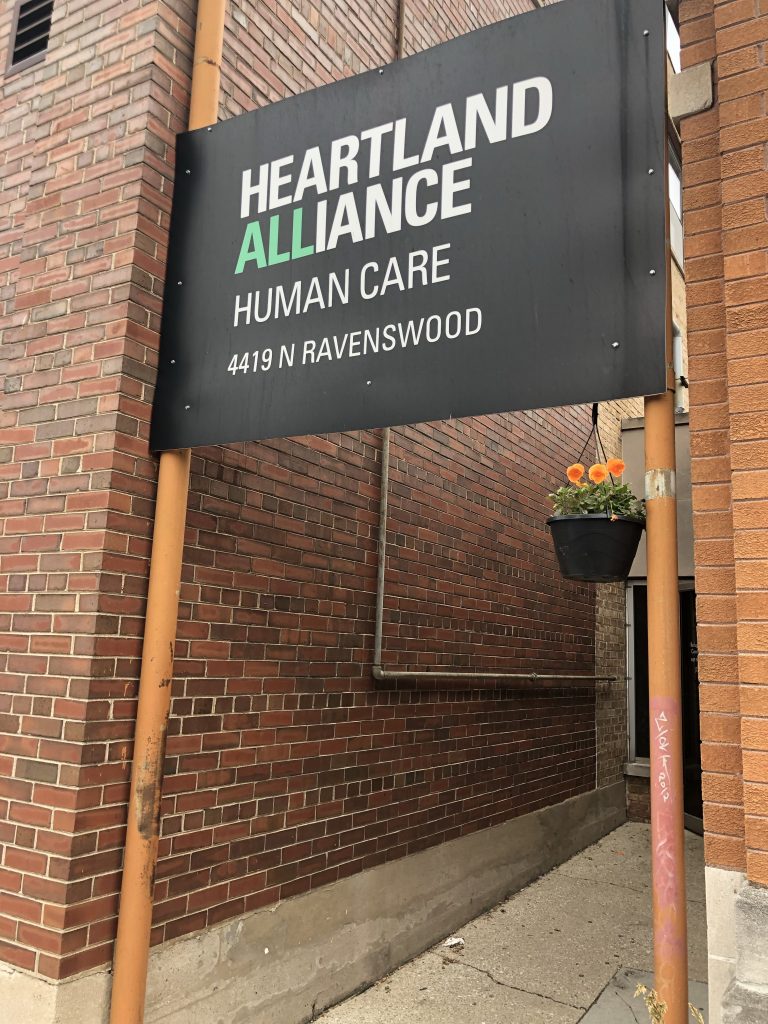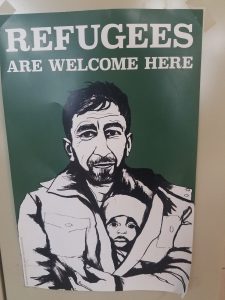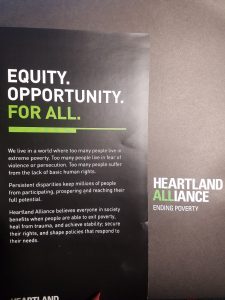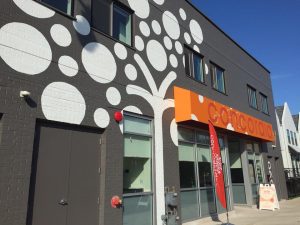Moving from a small town of 30,000 to the bustling city of Chicago, home to 2.7 million, was more than just a change of scenery. I encountered more people on my morning commute to work in the city than I would in an entire week of living in Valpo. To many, the electric atmosphere of the city is intoxicating. There are restaurants open past 10 pm and people wandering around the park at all hours of the night. The endless possibilities which wait around every corner store and transit stop.
For me, the city glow dimmed much faster than I expected it to. The unknown quickly lost its enchanting spirit and became overwhelming and at times, even scary. Living in a big city was not always what Gossip Girl and How I Met Your Mother made it seem. I took the wrong train more times than I care to admit and I ate way too much cheap pizza. Wandering around bright city lights does not always live up to the cinematic spectacle we dream it to be.
In a summer program dedicated to helping us discover how our skills fit into the world, living in a city where there is a danger of feeling insignificant among the crowd proved to be a real challenge for me. I could walk down the street and not see one familiar face or have a meaningful interaction with someone. In those moments, I was so thankful to have our Valpo cohort. Having people who were experiencing similar feelings and being able to communicate openly about the struggles we were facing made them much easier to process.
For any future CAPS fellows who may come upon this, I encourage you to reach out to those around you. Feeling swallowed up in a sea of thousands is a reality you may be facing, but you are not facing it alone. Lean on each other and check in with the people in your cohort. One of the most important takeaways from my summer was learning about the community I keep and what people in my life supported me. Make the most of the time you have and forge new relationships within your cohort. You’ll be surprised at the opportunities you find along the way.
